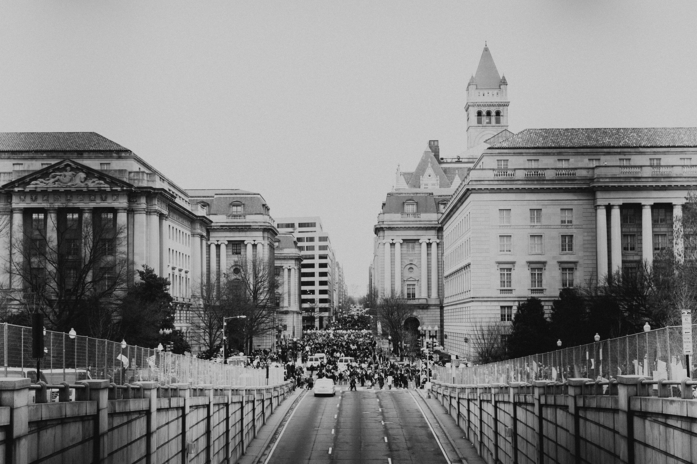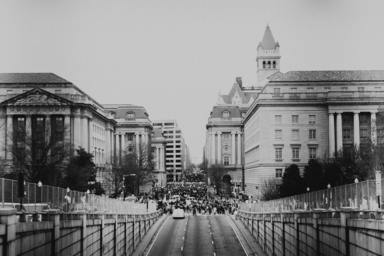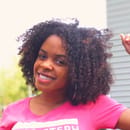The 1920s started off with the landmark win for women—the ratification of the 19th amendment. One of the largest groups working to pass that legislation was located right here in Richmond, VA. The Equal Suffrage League (ESL), founded in 1909, held its first meeting at the home of Anne Crenshaw, located at 919 W. Franklin St.
Formerly known as the Younger House, the Crenshaw house stands a short walk away from Monroe Park. The historic house blends in among the other Victorian-era buildings on Franklin, most of which are owned by VCU. The university purchased the building in the 60s and named it the Crenshaw house on the centennial of the foundation of the ESL.
The ESL’s mission was to pass an amendment for women’s suffrage at the state level. Crenshaw started as the organization’s secretary and later went on to become the legislative director. Other influential founding members included activist Lila Meade Valentine and artist Adèle Clark.
According to the VCU Libraries Gallery, the organization also was an advocate for “issues that included supporting the eight-hour workday, the abolishment of child labor and a call for international peace.” After three failed attempts at passing legislation with the Virginia House, the ESL decided their efforts would be more effective, working along with the National American Woman Suffrage Association (NAWSA) to pass a federal amendment.
The NAWSA also worked with the National Women’s Party (NWP), a smaller group that often made national headlines due to its militant tactics. After the amendment was passed, the suffrage organizations restructured. NAWSA became the League of Women Voters.

This organization still stands today and has over 700 state and local leagues. Since their goal was accomplished, the ESL dissolved and reorganized as the Virginia League of Women Voters. In December 2020, the NWP and Institute of founder Alice Paul announced their unification.
The next frontier for the unified, stronger organizations was working was to pass the Equal Rights Amendment (ERA). The amendment is “designed to guarantee equal legal rights for all American citizens regardless of sex. It seeks to end the legal distinctions between men and women in terms of divorce, property, employment and other matters.”
The ERA was originally set to go into effect in 1979 in Virginia but was postponed time and time again. Due to the efforts of women like Carol Jenkins, founder of the ERA Coalition, the amendment was finally ratified over forty years later in 2020. As of today, 12 states are remaining to ratify the amendment in all 50 states, which hopefully will be in the foreseeable future after Virginia’s ratification.
In 2009, the ESL’s centennial was celebrated with a march sponsored by the College of Humanities and Sciences, the VCU Libraries and the Virginia League of Women Voters. The march drew a large ground of supporters, and some even dressed in 20s era costumes.
Crenshaw’s granddaughters had the honors of revealing the new signage marking the house as the ‘Crenshaw House.’ In 2012, the house received an official Virginia historic marker issued by the state. Today, the house rightfully serves as the office for the department of Gender, Sexuality and Women’s studies.



